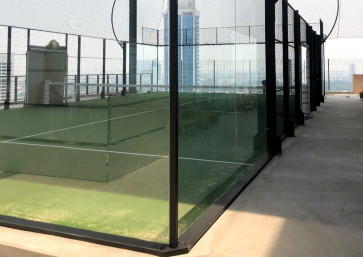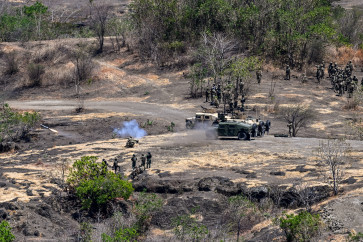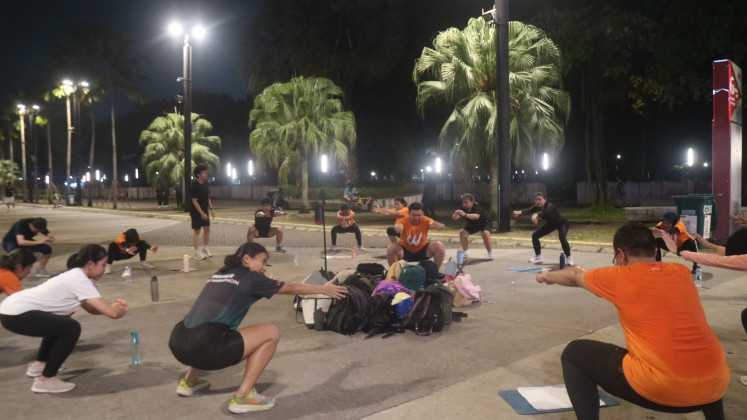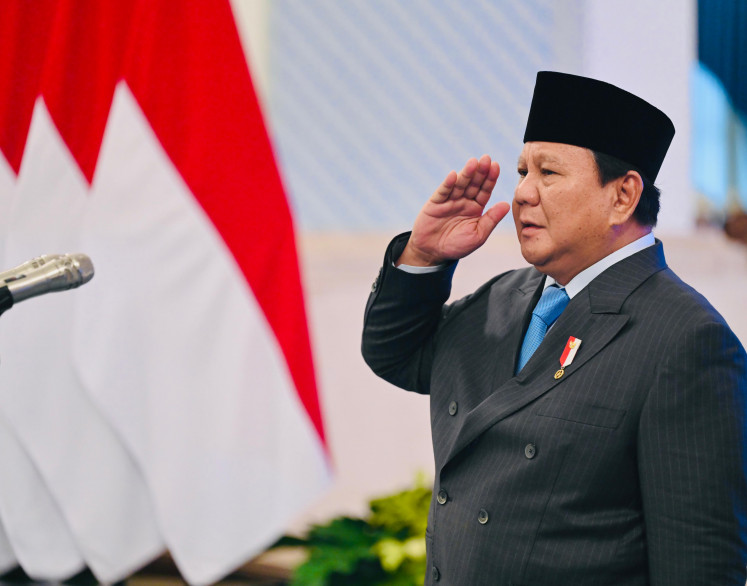Popular Reads
Top Results
Can't find what you're looking for?
View all search resultsPopular Reads
Top Results
Can't find what you're looking for?
View all search resultsNatural disasters linked to human security concept: Expert
Failing to acknowledge the link between the natural disasters and human security may impede efforts to reduce poverty or achieve sustainable growth, an expert says
Change text size
Gift Premium Articles
to Anyone
F
ailing to acknowledge the link between the natural disasters and human security may impede efforts to reduce poverty or achieve sustainable growth, an expert says.
Japan International Cooperation Agency (JICA) visiting president Sadako Ogata said on Thursday that people could no longer define human security as merely providing safety from violence as welfare and well-being were also contributing factors.
“For years, human security was concerned only with safety from violence. In fact, human welfare and well-being can also affect human security,” said Ogata, a former UN high commissioner for refugees.
“Many families in southern Africa, for example, suffered from illness. When they wanted to go to hospital, however, they could not reach it because either it was too far away or they just did not have enough money to go to hospital,” said Ogata in a lecture on “Natural disaster as human security problem” organized by the Centre for Strategic and International Studies (CSIS).
How to deal with natural disaster remains a “unknown situation” as many people consider natural disasters to be an act of God.
“For people who are already in a vulnerable position, this situation can plunge them into more difficult conditions and even slipping into vicious cycle of disaster-related poverty,” Ogata said.
Over the past year, major natural disasters have taken place in many parts of the world. Last March, an earthquake and tsunami occurred in east Japan, followed by huge earthquakes in Turkey and New Zealand. There was flooding in Thailand and Pakistan, as well as typhoons and heavy rains in the Philippines and in Central America. The disasters killed more than 30,000 people and caused damage exceeding US$300 billion.
“How can we set up a natural disaster management model which is based on the human security concept? This is the challenge we are facing,” Ogata said.
During the lecture, prominent experts on disaster management from Indonesia and Japan shared the lessons they have learned about how to tackle natural disasters that pose human security problems.
Emilia Yustiningrum, a researcher from Politics Research Center at the Indonesian Institute of Sciences (LIPI), said that the Indonesian government had been quick in responding natural disasters. But she said that “it put the focus only on life saving and not with protecting assets.”
Life-saving and protecting assets were two measures in emergency situations. “But in the recent case of the Mount Merapi eruption [in Central Java], the government and the National Disaster Mitigation Agency [BNPB] had prioritized life-saving only, with a lack of action on protecting assets such as land certificates, school diplomas and jewelry destroyed or buried during the disaster,” Emilia said.










